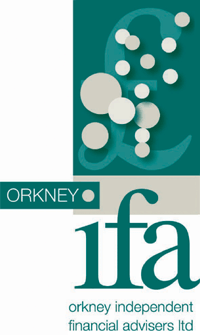|
|
  |
National Employment Savings Trust Please note that timings and thresholds in this article are still being reviewed and may yet change. The next tranche of Government pensions legislation is looming on the horizon in the form of the National Employment Savings Trust (NEST) which is currently intending to go live in 2012, though smaller employers (with fewer than 50 employees) will be phased in from 2014. NEST will force all employers, and employees earning more than a qualifying amount, to contribute to a pension plan. If you don't have a pension scheme in place which meets a ‘quality test’, then you will automatically be enrolled into NEST. Employers will be obliged to contribute at least 3% of employees' salaries and there must be total contributions of 8% (employees contribute 4% and the remaining 1% comes as tax relief). Employees will be required to contribute if they earn more than £7,475 p.a. (the income tax threshold for the 2011-2012 Tax Year). While there are no hard and fast details about the exact process which NEST is going to take with regards to investment, what this development means for employers is that the burden and costs of administering the scheme and of giving pensions advice will be forced on the employer. From announcements made so far, it looks as though NEST will operate on the basis of "a few sizes will fit all", so to simplify the administration of the scheme, there'll be a few basic investment profiles from which employees will have to pick one. Worth knowing as well that under current plans, it seems that the Government will require NEST to reimburse it for set-up costs, so guess where the earnings on payments into the scheme will be going first? You can pre-empt another unwelcome Government intrusion into your business by making arrangements ahead of time which will enable you to opt out of NEST. Orkney IFA can help you wby providing Group Pension Scheme services will allow you to get on with what you're good at - running your business, instead of running your employees' pension scheme.
Back to Corporate Services Page
|